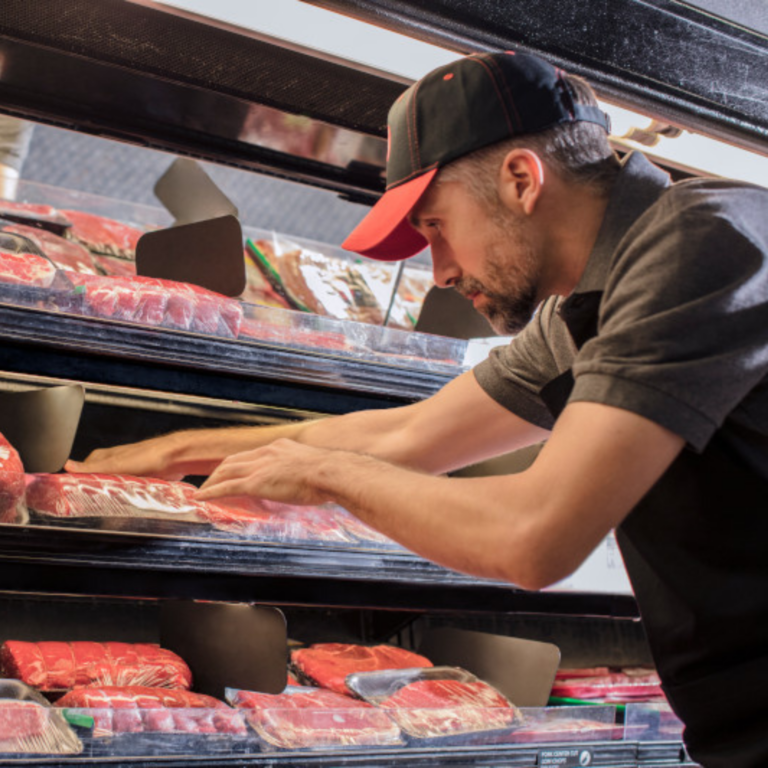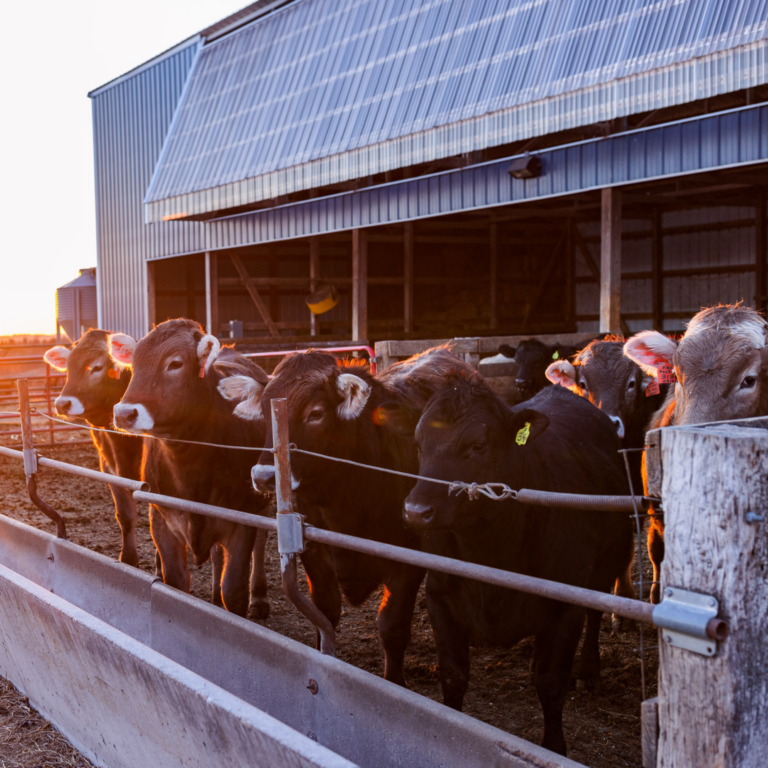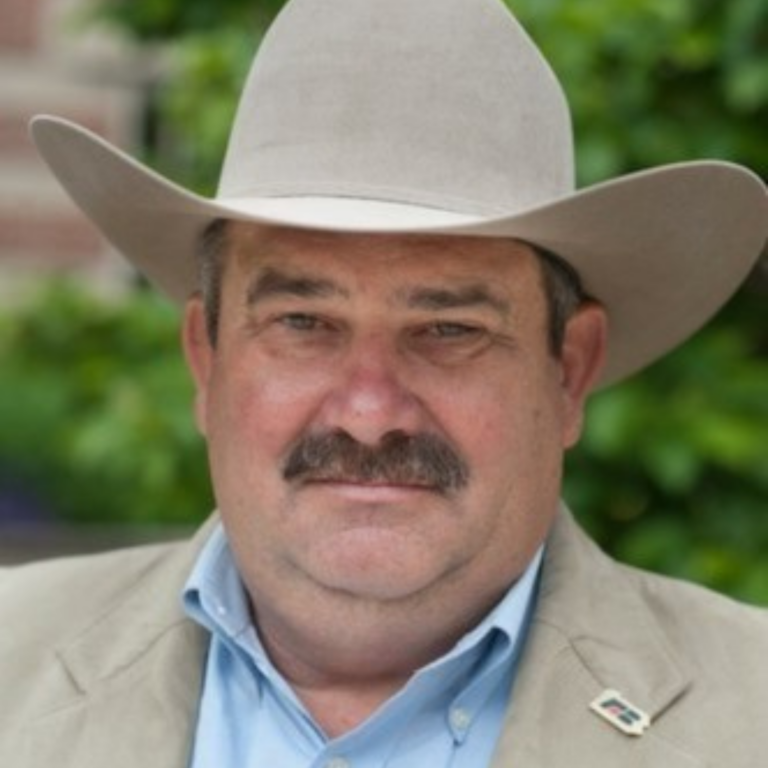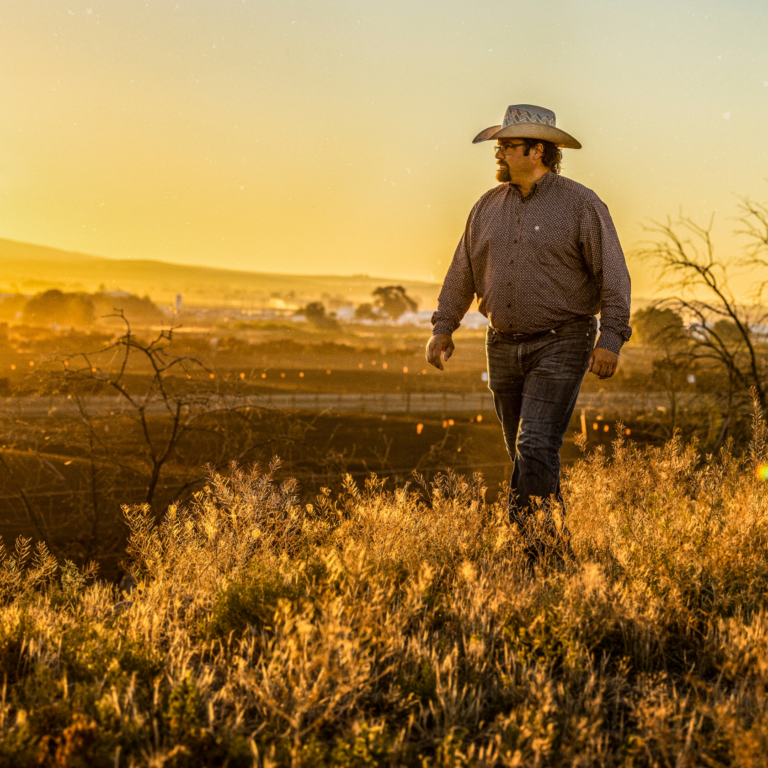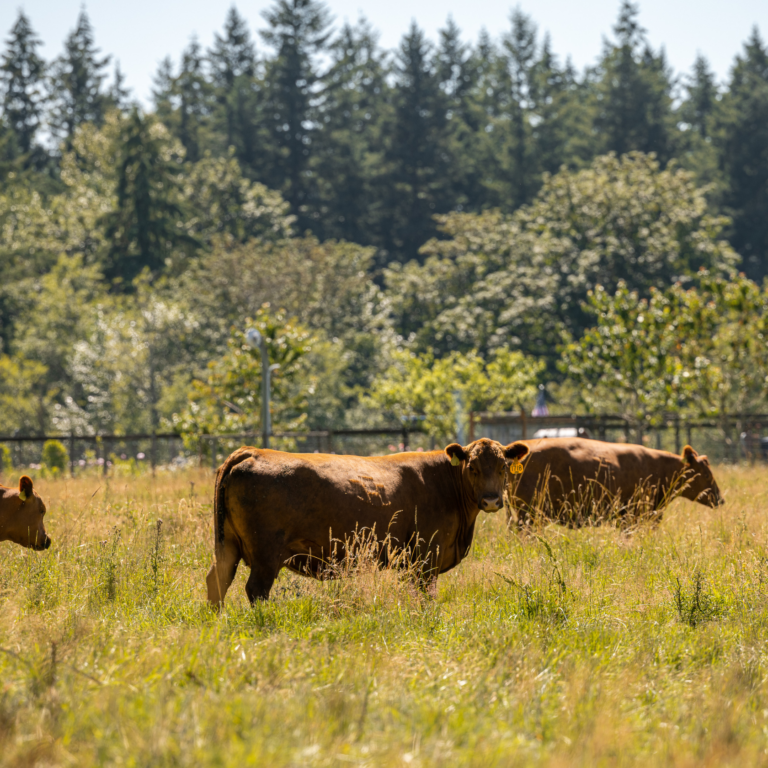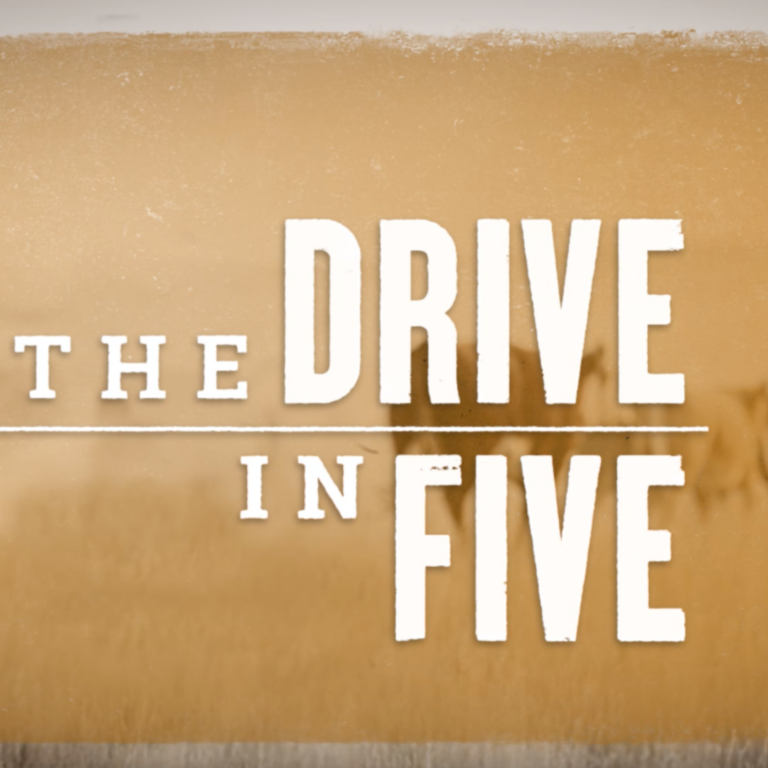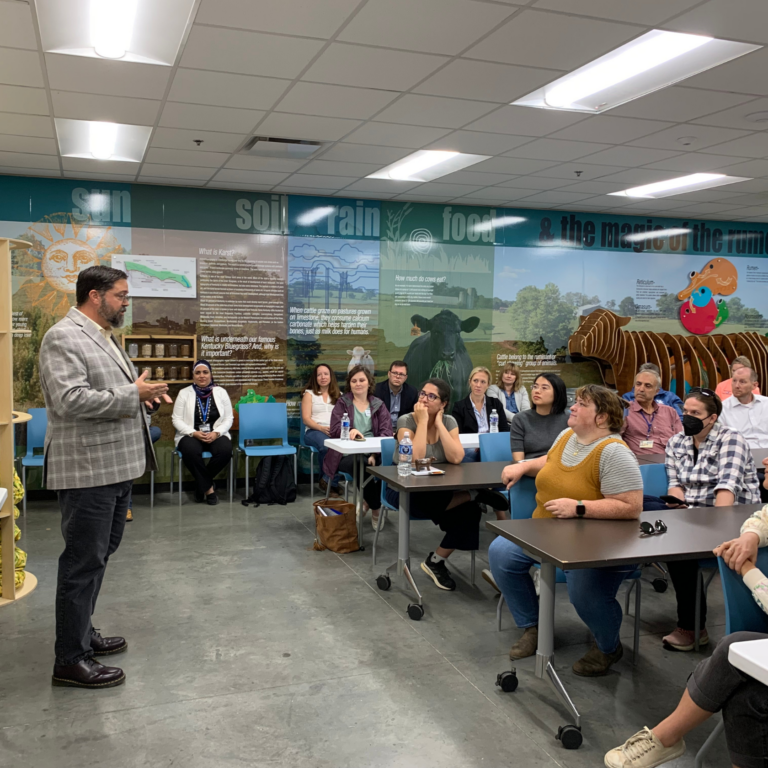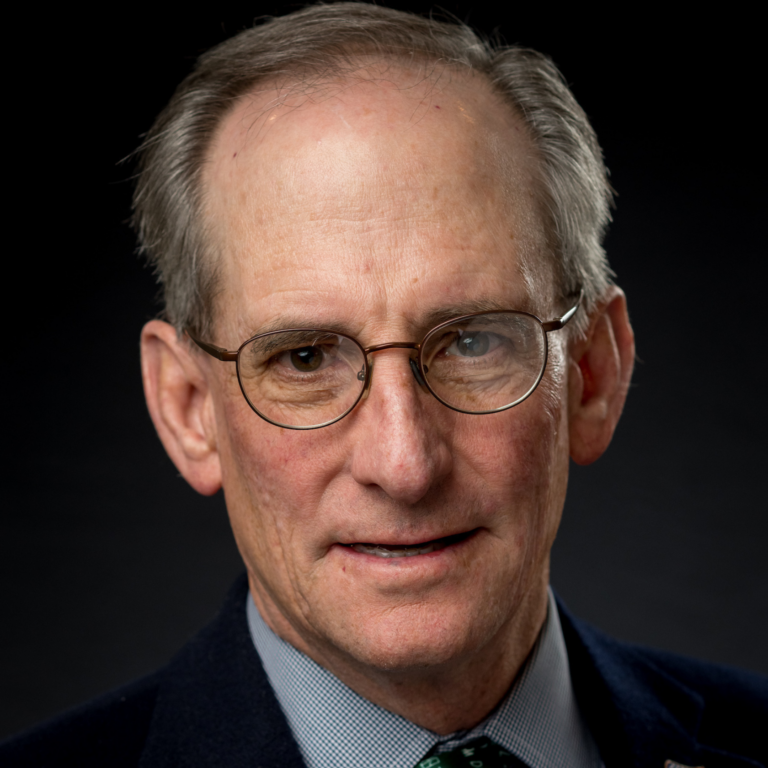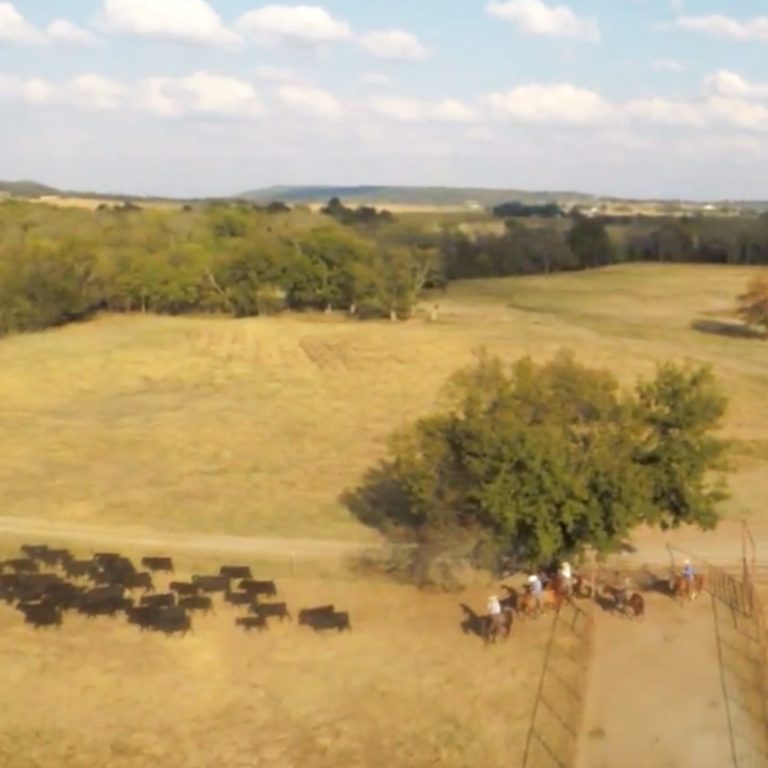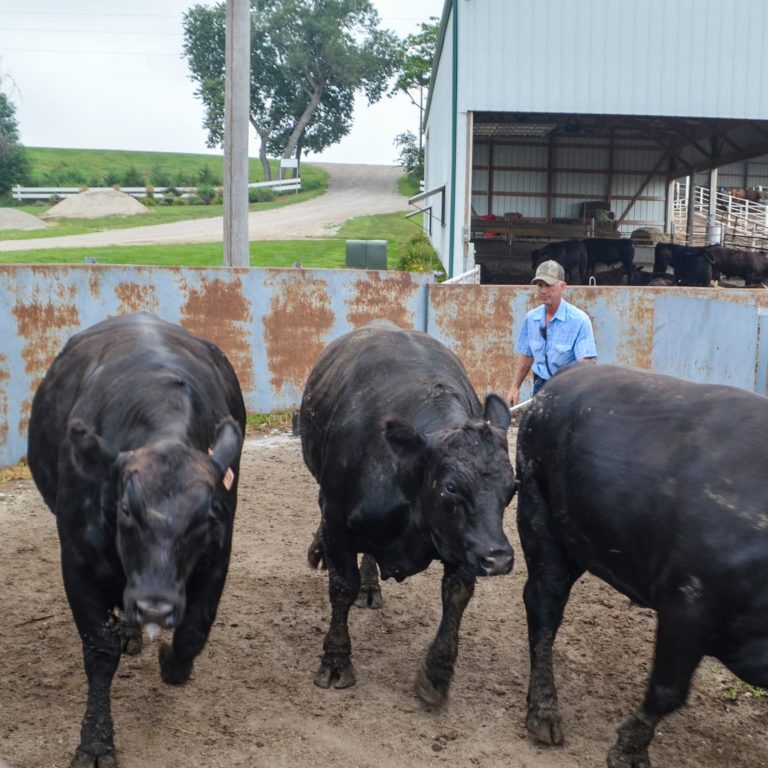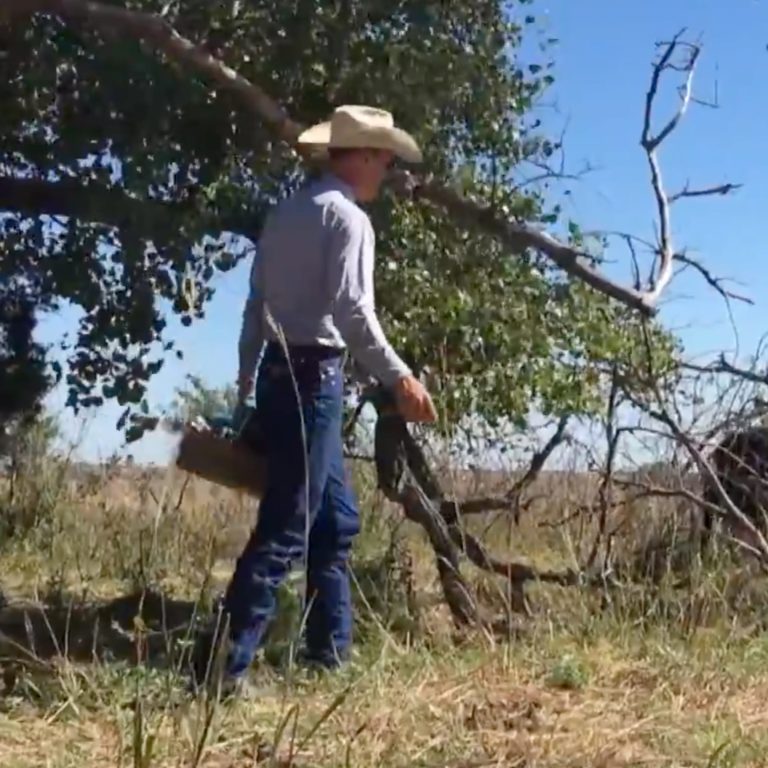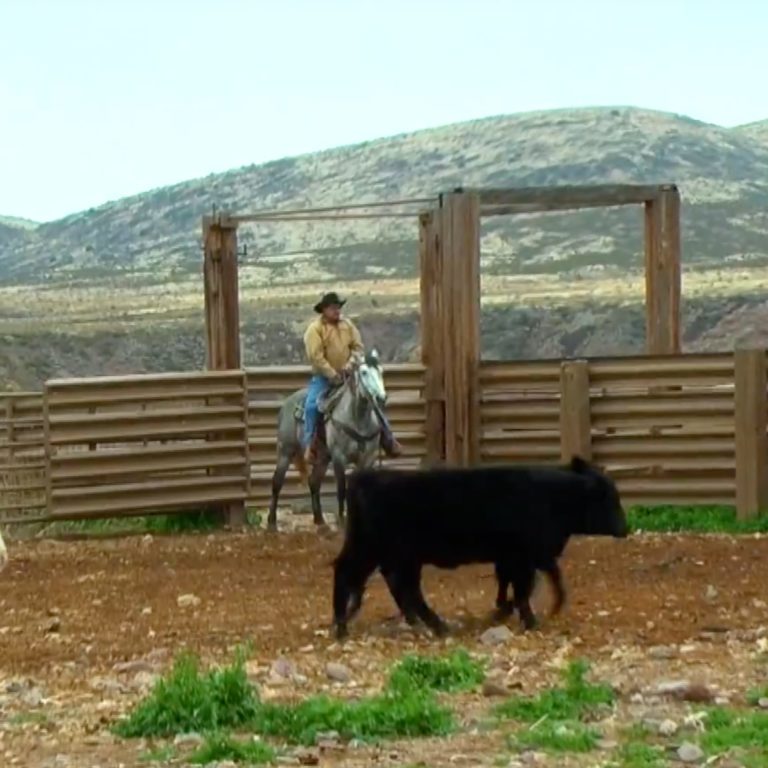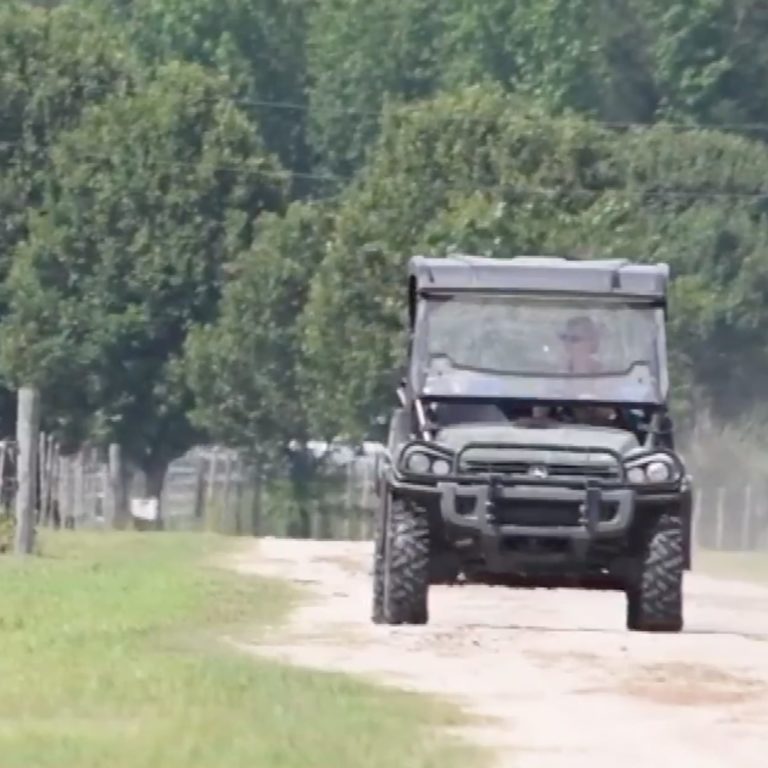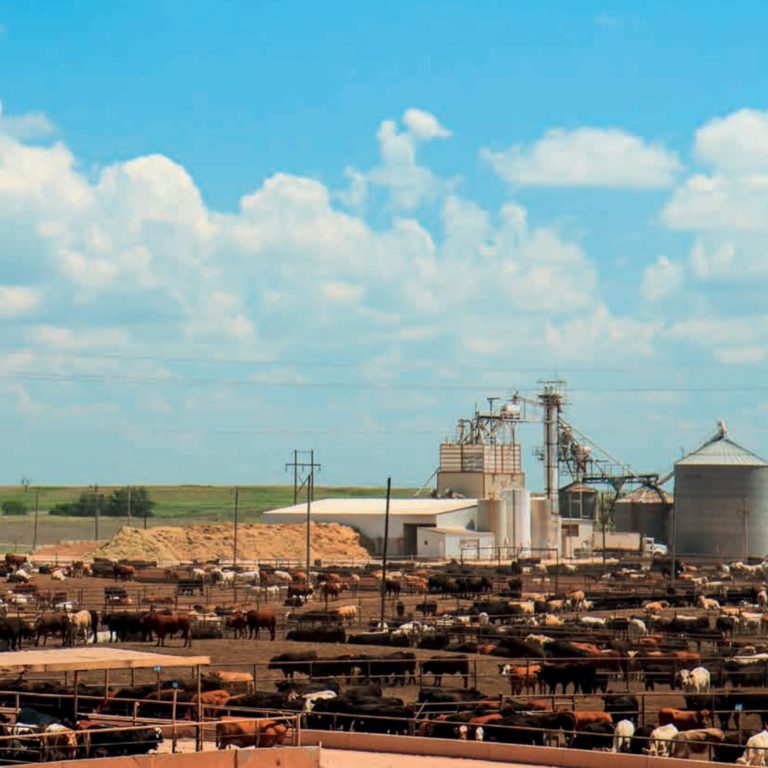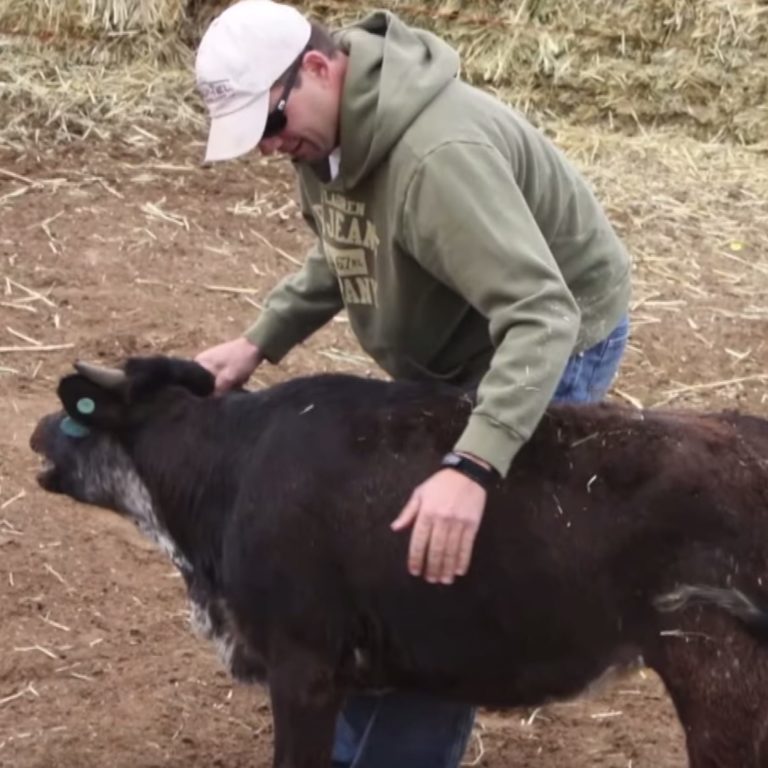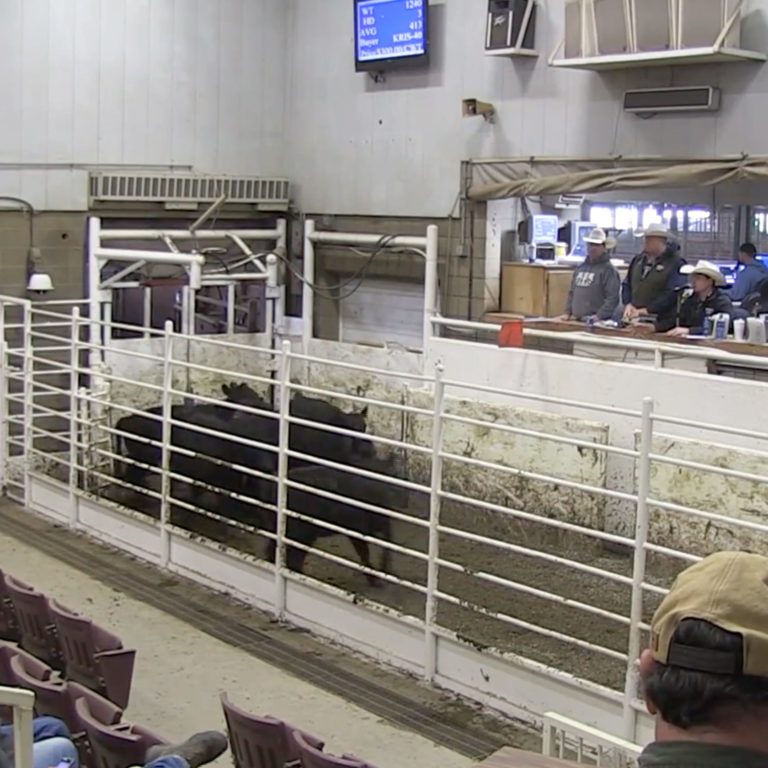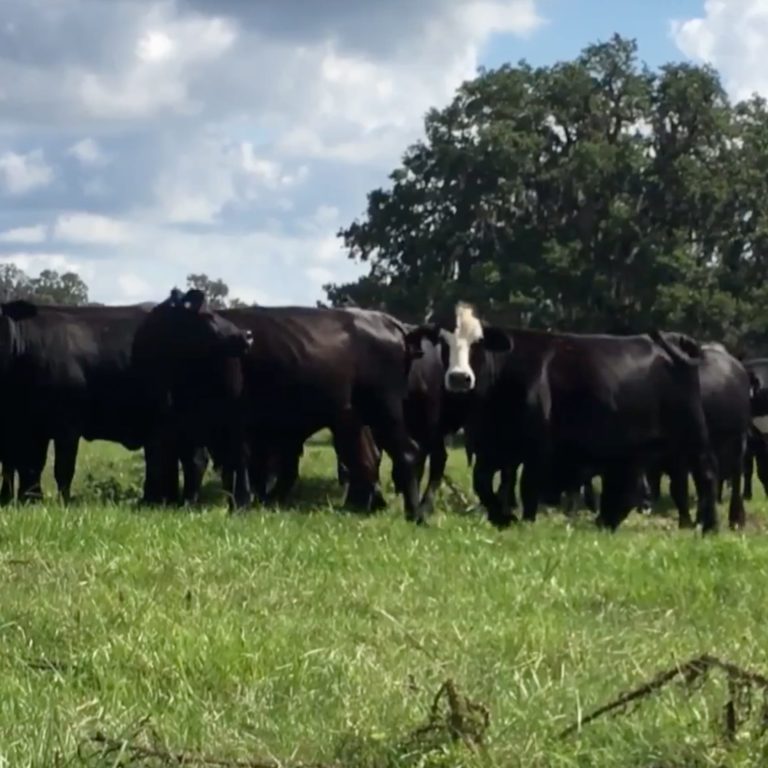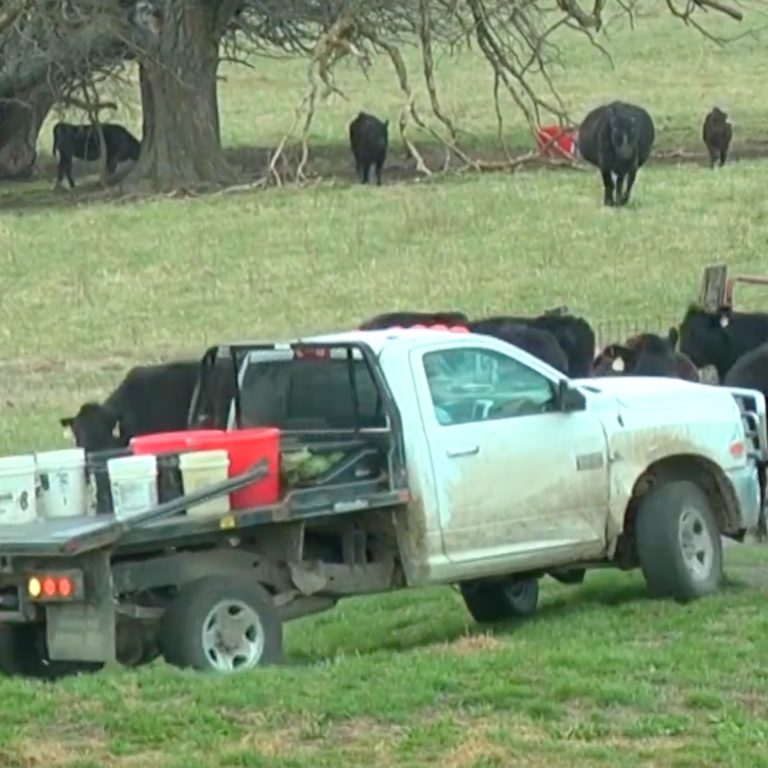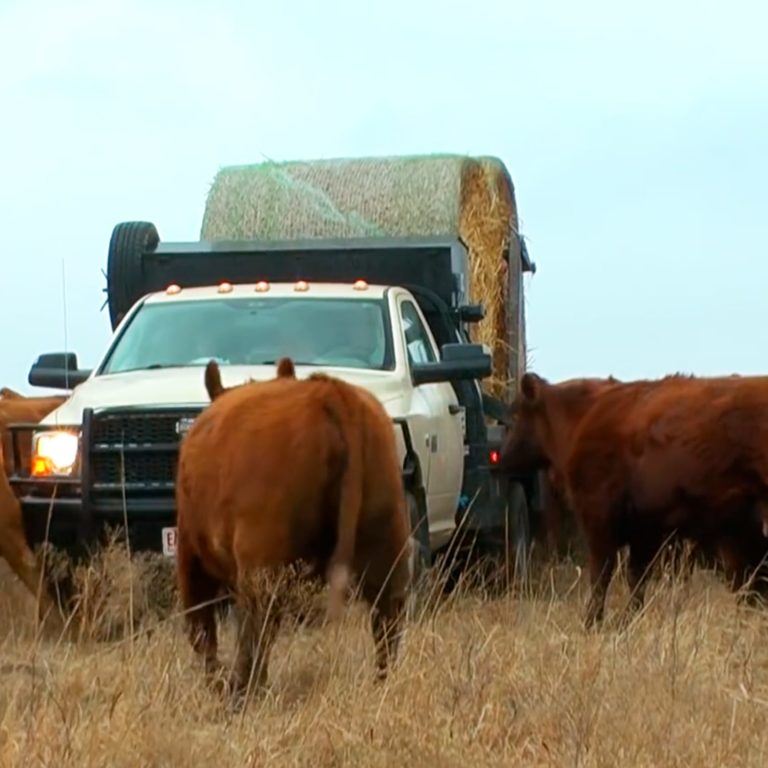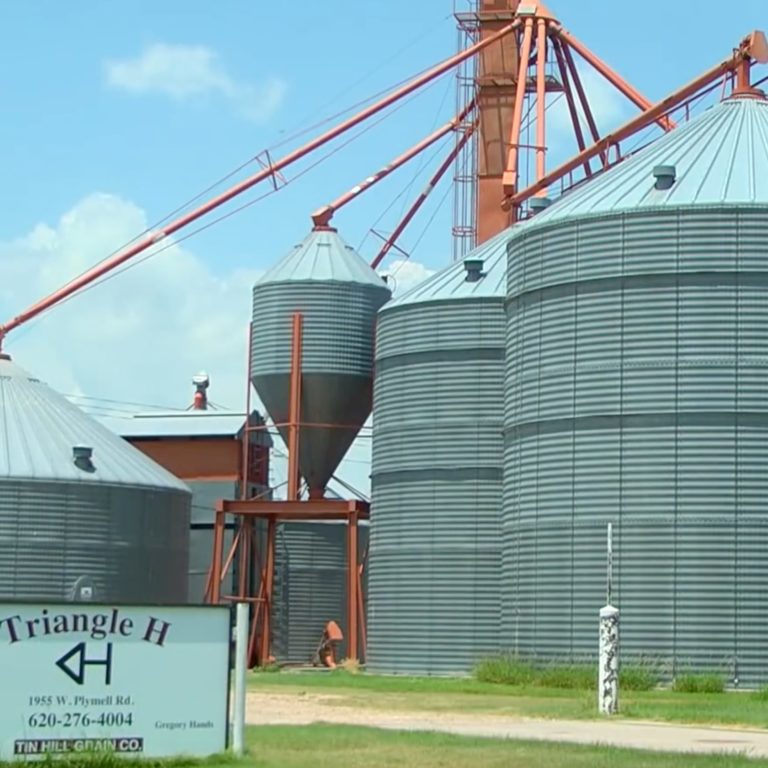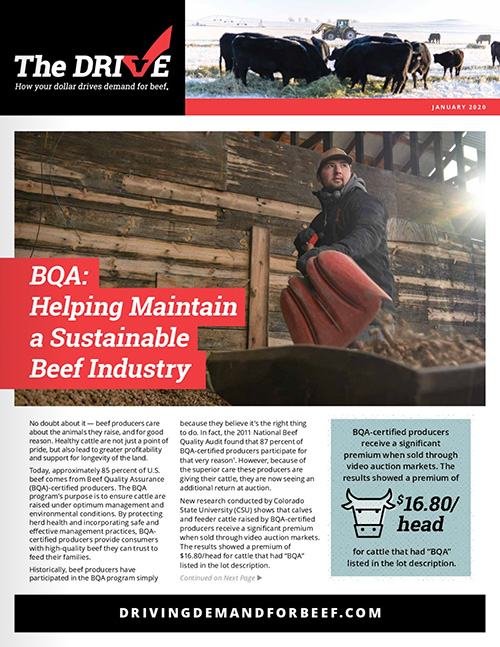Addressing Claims About Beef and the Environment
According to the Checkoff-funded Meat Demand Monitor – which surveys 2,000 people monthly on their meat preferences and views – taste, freshness, price and safety remain consumers’ most important considerations when purchasing proteins. And while the climate-positive trend is a movement that beef producers know all too well, these are the true factors that continue to show more importance to consumers over stories of beef’s environmental impact. This is encouraging data, showing that, despite misinformation circling, environmental impact is not a significant enough driver to affect the majority of consumers’ purchasing decisions. Still, the Beef Checkoff is committed to dismissing and correcting those false claims while gaining consumers’ confidence through ongoing research and programs.
PROACTIVE STRATEGY
The Beef Checkoff focuses on a proactive messaging strategy to stay ahead of issues that impact consumer perceptions about the beef industry. Consumer education and outreach are at the forefront of these efforts. The goal is to connect and engage with consumers before false information takes root about beef production practices. Here’s a breakdown of some of the Checkoff’s proactive efforts to address misinformation about beef in the environment.
- Middle and high school beef curriculum: By connecting with the young minds of schoolchildren, the Beef Checkoff can educate tomorrow’s beef consumers today. Educational units focus specifically on greenhouses gasses and cattle, in addition to general beef production and genetics.
- On The Farm STEM events: The Beef Checkoff funds annual inner city educator immersion events designed to bring teachers to real farms to learn about beef production. In 2022, the educators who participated in the tour served a student population of more than 70,000 students.
- New York City Climate Week: Beef was front and center in September 2022 during Climate Week, the largest global climate event. Checkoff-funded Beef. It’s What’s For Dinner. hosted a webinar on beef being an ultimate climate-smart food and shared the truth behind emissions.
- Beef Expert Network: The 22 influencers who make up the Checkoff’s Beef Expert Network are all passionate about sharing beef’s story and connecting with their audiences to address misinformation surrounding beef.
- Digital Campaigns: Checkoff-funded digital campaigns hit Connect TV, YouTube, websites and social platforms, encouraging consumers to “rethink the ranch.” Real beef producers share their beef stories and how they care for their cattle and land.
DISCOVERY PLAN
Unearthing where this misinformation originates is where the Beef Checkoff-funded Digital Command Center comes in. Located in Denver, Colorado, the space looks like a military operations center combined with the TV section at an electronics retailer. Here, the Checkoff-funded Issues Management and Media Relations team actively monitors important television, online and social media conversations, honing in on issues threatening consumer confidence in beef. The Digital Command Center’s technology is highly sophisticated, running twenty-four hours a day, seven days a week, actively monitoring more than 200 beef-related topics ranging from dietary guidelines to sustainability claims to meat substitutes and animal welfare.
Team members receive a notification when a beef topic hits a certain threshold, which could be the number of people it’s reached, the number of stories being circulated about a particular topic or other measures. This allows the team to react quickly, including outside of business hours.
If an article or new study features misinterpreted data that may place beef in a negative light, the team will initiate a reactive issues response. This includes working with third-party and in-house experts to issue a response with accurate fact- and science-based information. For example, suppose a popular mainstream publication publishes an article including incorrect data about the beef industry’s impact on greenhouse gases. In that case, the team will reach out to the reporter to clear up the misinformation and provide scientific resources to help them understand the facts.
SCIENCE-BACKED RESEARCH
These efforts are only successful when supported by extensive, science-backed research. The Beef Checkoff continuously invests in research projects that prove the beef industry’s environmental responsibility.
The Checkoff-funded Beef Sustainability Research program provides the industry with science-validated sustainability indicators that benchmark the industry’s current status and provide a path forward of continuous improvement. With an innovative scientific approach, this program helps create a sustainable beef product for a growing world population while also gaining consumer confidence in beef.
To see a repository of Checkoff-funded beef research, visit beefresearch.org
The Beef Checkoff program was established as part of the 1985 Farm Bill. The checkoff assesses $1 per head on the sale of live domestic and imported cattle, in addition to a comparable assessment on imported beef and beef products. States may retain up to 50 cents on the dollar and forward the other 50 cents per head to the Cattlemen’s Beef Promotion and Research Board, which administers the national checkoff program, subject to USDA approval.








